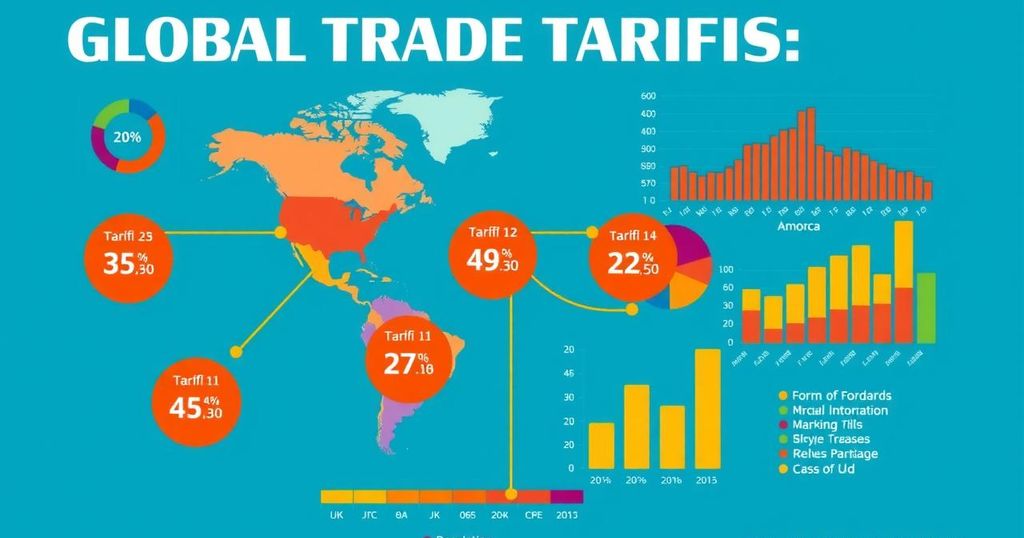The article discusses escalating tensions in Nigeria following the killing of 16 northern hunters in Edo State, highlighting demands from the Northern Elders’ Forum for justice, accountability, and reparations. It connects the incident to deeper issues of economic disparity and ethnic conflict in the country, while also addressing the government’s response and the significance of accurate information amidst ongoing security concerns. The piece concludes with a call for support for independent journalism to maintain factual reporting in these challenging times.
Nigeria is increasingly facing internal strife, particularly following the severe killing of 16 northern hunters in Edo State. This incident has reignited discussions regarding the nation’s delicate political unity, with the Northern Elders’ Forum (NEF) issuing demands for justice and accountability. The NEF emphasizes the need for a public trial, financial compensation for the victims’ families, and a formal apology from Edo State officials, pointing to the broader implications of insecurity and ethnic tensions in Nigeria.
The NEF, representing the interests of Northern Nigeria, has expressed dissatisfaction with the government’s response to the killings, insisting on prompt judicial action and transparency. Although the Edo State government has declared the local vigilante group responsible for the killings as illegal and suspended relevant security personnel, tensions remain high. NEF has given the state a 14-day ultimatum to address their demands or face unspecified consequences.
Amid this turmoil, the Kano State Police dismissed reports of retaliatory violence stemming from the incident. However, local authorities continue to face challenges, with heightened security measures enacted in light of potential threats, including the cancellation of large public gatherings such as the Durbar celebrations for Eid-El-Fitr. The police are actively working to maintain order and community safety, underscoring the importance of accurate information dissemination.
The economic disparities between Nigeria’s regions may further complicate the fragile unity. With the North facing challenges in political influence over oil revenues predominantly generated in the South, tensions have escalated. Long-standing grievances regarding resource allocation hinder cooperation and exacerbate ethnic divides. Previous events in the nation’s history warn of the potential repercussions of such conflicts, calling for urgent political and economic reforms.
Religious tensions also play a significant role in Nigeria’s division, particularly the enduring struggle between northern Muslims and the predominantly Christian south. This polarization complicates national discourse and governance. In parallel, Governor Chukwuma Charles Soludo of Anambra State has expressed his condolences over a devastating fire incident in Onitsha, emphasizing the need for adherence to safety regulations to prevent tragedies.
To preserve journalistic integrity and independence, The Southern Examiner appeals for financial support to continue delivering unbiased news coverage. This is crucial in sustaining its mission to promote transparency and accountability in reporting, which remains vital to building a just society.
The situation in Nigeria exemplifies a critical juncture, marked by ethnic strife, economic disparities, and religious contention. The killing of northern hunters has heightened tensions, prompting calls for justice and accountability from the Northern Elders’ Forum. The government faces the challenge of managing these internal conflicts while addressing economic injustices. Effective leadership and community cooperation are essential to fostering unity and ensuring public safety, while safeguarding the integrity of media reporting remains paramount in this volatile environment.
Original Source: thesouthernexaminer.com




